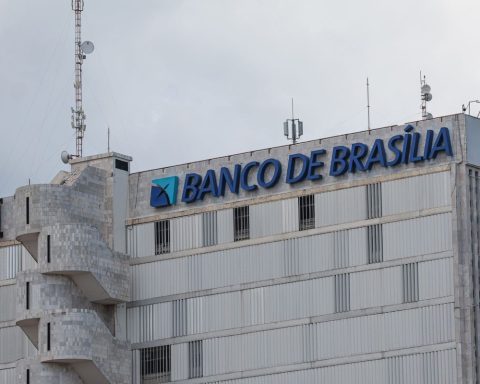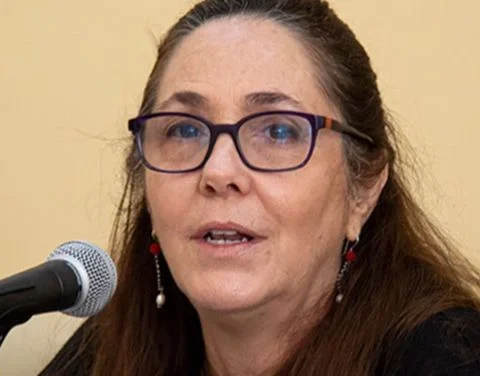Families and companies paid higher interest rates in June this year, according to the Monetary and Credit Statistics released today (29) by the Central Bank (BC). The average interest rate for individuals on free credit reached 51.5% per year, with an increase of 1.1 percentage points in relation to May and 11.7 percentage points in 12 months.
In contracts with companies, the free rate grew 0.7 percentage points in the month and 8.1 percentage points in 12 months, reaching 22.6% per year.
For individuals, the highlight was the card, up 2.1 percentage points in the month, reaching 78.7% per year. In revolving credit, which is the one taken by the consumer when he pays less than the full amount of the card bill and lasts 30 days, there was an increase of 1.6 percentage points in the month, to 370.4% per year. After 30 days, financial institutions pay the debt in installments. In the case of the installment card, interest rose 0.5 percentage point, to 173.2% per year.
Overdraft fees also influenced the increase in interest rates for families, with an increase of 1.3 percentage points (129.2% per year). and non-consigned personal credit, which rose 1.2 percentage points (87.5% per year). Overdraft interest rose 1.3 percentage points in the month to 129.2% per year.
In free credit to companies, there were increases in most types, especially in working capital, up 1.3 percentage points, to 23.3% per year; overdraft, an increase of 2 percentage points, reaching 316.9% per year; and check cashing, which rose 1.5 percentage points, reaching 36.8% per year. Import financing fell 3.7 percentage points, to 8.8% per year, as well as credit cards, which had a 1.9 percentage point decline in interest, to 29.9% per year.
directed credit
These rates are for free credit, in which banks have the autonomy to lend money raised in the market and set the interest rates charged to customers. Directed credit, which has rules defined by the government, is basically intended for the housing, rural, infrastructure and microcredit sectors.
In the case of earmarked credit, the average rate for individuals was 10.4% per year in June, up 0.1 percentage point in the month. For companies, the rate dropped 0.7 percentage point to 11.5% a year last month.
In total, in free and earmarked credit, the average interest rate of the National Financial System (SFN) increased 0.5 percentage points in the month and 8.1 percentage points in 12 months, reaching 28.1% per year.
The rise in average bank interest rates takes place at a time when the economy’s basic interest rate, the Selic, is set at 13.75% per year by the Monetary Policy Committee (Copom). The rate is at the highest level since January 2017, when it was also at 13.75% per year.
record debt
According to the BC, delinquency (considering delays of more than 90 days) has remained stable for a long time, with small fluctuations, and is at 2.7%. In credit operations for individuals, it is at 3.5% and for companies at 1.4%.
Household indebtedness, the ratio between the balance of debts and income accumulated in 12 months, reached a record of 52.8% in May, in the historical series started in January 2005, reflecting the increase in loan concessions. With the exclusion of real estate financing, which takes a considerable amount of income, it was 33.5% in the month.
Income commitment, the ratio between the average amount to pay debts and the average income calculated in the period, was 27.6% in that month. For these last data, there is a greater lag in the month of disclosure, as the Central Bank depends on data presented by the Brazilian Institute of Geography and Statistics (IBGE) on family income.
balance of hires
In June, the stock of all loans granted by the banks of the National Financial System stood at R$ 4.956 trillion, an increase of 1.6% in relation to May. The portfolio’s 12-month growth reached 17.8% in June. The credit balance corresponded to 53.9% of the Gross Domestic Product (GDP), which is the sum of all the goods and services that the country produces.
Expanded credit to the non-financial sector, which is credit available to companies, families and governments regardless of the source (banking, bond market or external debt) reached R$ 14.139 trillion, growing 3% in the month and 12.7% in 12 months.
The increase was mainly due to the external debt, which rose by 6.8%, affected by the 10.8% exchange rate depreciation. In the quarterly comparison, expanded credit grew 5.4%, prevailing increases in the National Financial System loan portfolio, 3.7%, and in public debt securities, 5.3%.

















